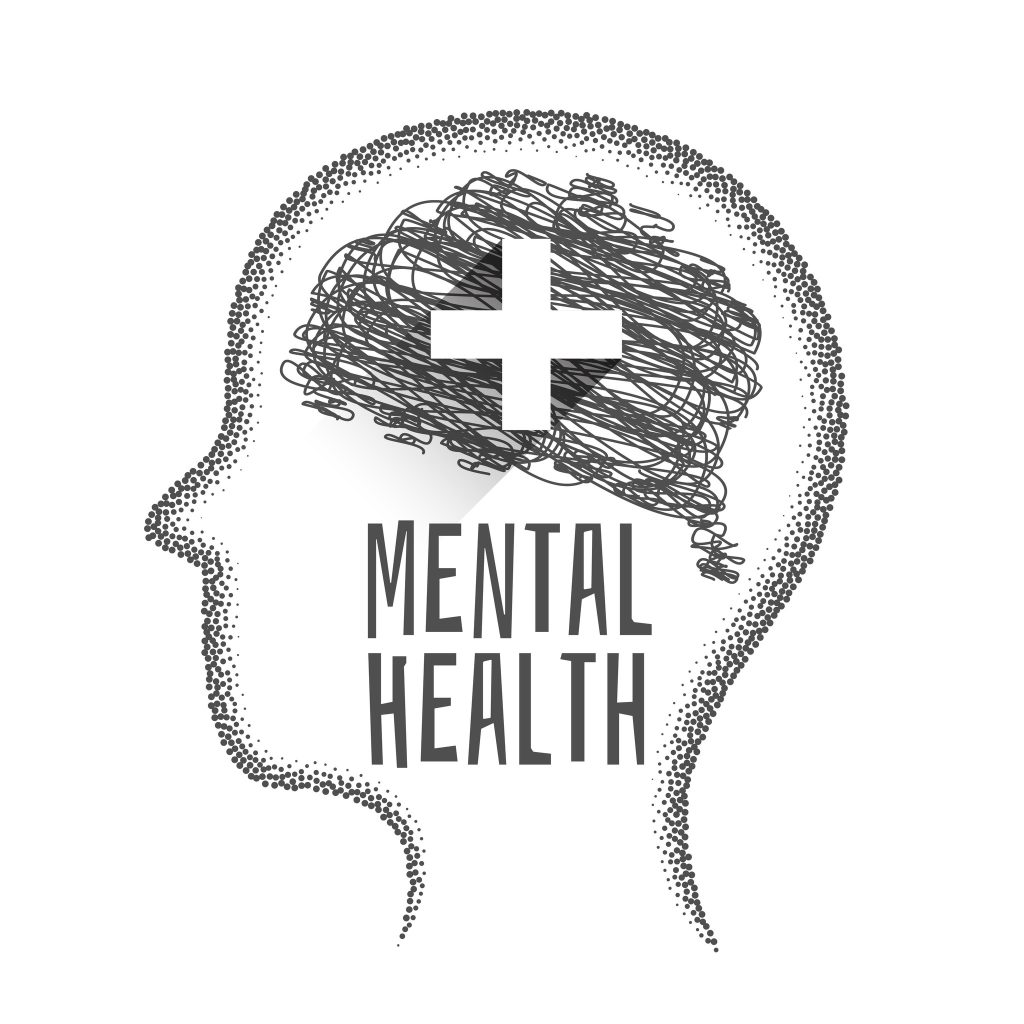
Navigating mental health issues can feel like an uphill battle, a relentless struggle against your own mind. During these challenging times, it’s easy to fall into patterns of behavior or thinking that, while perhaps offering temporary relief or a sense of familiarity, ultimately exacerbate your suffering. Recognizing and consciously stopping these unhelpful habits can be a crucial step towards healing and regaining control. This article outlines seven things to stop doing if you’re struggling with mental health issues, helping you to break free from cycles that perpetuate the madness and move towards a more stable, peaceful state of being.
1. Stop Isolating Yourself Completely
When you’re struggling, the urge to withdraw from the world can be overwhelming. While some solitude is healthy, complete isolation often worsens mental health issues by fostering loneliness and rumination. Connection, even in small doses, can provide support and a sense of belonging. Make an effort to maintain contact with trusted friends or family, even if it’s just a text or a short call. You don’t have to pretend you’re okay but stop cutting off all lifelines. Human connection is a powerful antidote.
2. Stop Negative Self-Talk Cycles
The internal critic can be incredibly loud and harsh when you’re dealing with mental health challenges. Constantly berating yourself, focusing on perceived flaws, or replaying past mistakes fuels feelings of worthlessness and despair. Actively work to identify and challenge these negative thought patterns. Try to reframe them or practice self-compassion by speaking to yourself as you would a dear friend. You must stop the relentless loop of self-criticism. This is a vital step.
3. Stop Neglecting Basic Self-Care
When your mental health is suffering, even basic tasks like showering, eating regular meals, or getting enough sleep can feel monumental. However, neglecting these fundamentals creates a vicious cycle, as poor physical health further impacts your mental state. Make a conscious effort to maintain a simple routine for basic hygiene, nutrition, and rest, even if it’s imperfect. Stop letting these essentials slide completely; they are foundational to your well-being. Small acts of self-care accumulate.
4. Stop Doomscrolling and Excessive Media Consumption
Constantly immersing yourself in negative news cycles or endless social media feeds can significantly heighten anxiety, depression, and feelings of hopelessness. While staying informed is one thing, compulsive consumption of distressing content (doomscrolling) is detrimental. Set firm limits on your media intake, especially before bed, and be mindful of how different types of content make you feel. It is important to stop feeding your mind a constant diet of negativity. Curate your information intake carefully.
5. Stop Comparing Your Journey to Others’
Social media often presents a curated, idealized version of people’s lives, making it easy to fall into the trap of comparison. Seeing others seemingly thrive while you’re struggling can intensify feelings of inadequacy and despair. Remember that everyone’s journey is unique, and what you see online is rarely the full picture. Stop measuring your progress or your pain against an unrealistic benchmark. Focus on your own path to healing. Your experience is valid.
6. Stop Relying on Unhealthy Coping Mechanisms
Turning to substances like alcohol or drugs, excessive comfort eating, or other potentially harmful behaviors to numb emotional pain might offer temporary escape but ultimately worsens mental health issues. These crutches can lead to dependency, further health problems, and prevent you from developing healthier coping strategies. Acknowledge if you’re using these methods and actively seek healthier alternatives like exercise, mindfulness, creative expression, or talking to someone. You need to stop reinforcing these damaging habits. Seek support if this is a struggle.
7. Stop Believing You’re a Burden or Beyond Help
Mental health struggles can distort your perception, leading you to believe that you’re a burden to others or that your situation is hopeless. These are symptoms of your illness, not facts. Loved ones often want to support you, and effective treatments and strategies for managing mental health issues do exist. Stop internalizing the idea that you don’t deserve help or that nothing can change. Reach out, be persistent, and hold onto hope.
Reclaiming Your Peace of Mind
Breaking these detrimental habits is not about instant fixes but about making a conscious, ongoing commitment to changing patterns that fuel mental distress. If you’re struggling with mental health issues, identifying what to stop doing can be just as powerful as knowing what to start doing. By interrupting these cycles, you create space for healing, self-compassion, and the possibility of a brighter, more stable future. Remember, you are not alone, and taking these steps can help you stop the madness and reclaim your peace.
What is one thing you’ve consciously stopped doing that has positively impacted your mental health? Share your experience in the comments.
Read More:
6 Mental Health Myths That Need to Die in 2025
7 Ways to Protect Your Mental Health in Your 50s and Beyond

Latrice is a dedicated professional with a rich background in social work, complemented by an Associate Degree in the field. Her journey has been uniquely shaped by the rewarding experience of being a stay-at-home mom to her two children, aged 13 and 5. This role has not only been a testament to her commitment to family but has also provided her with invaluable life lessons and insights.
As a mother, Latrice has embraced the opportunity to educate her children on essential life skills, with a special focus on financial literacy, the nuances of life, and the importance of inner peace.
